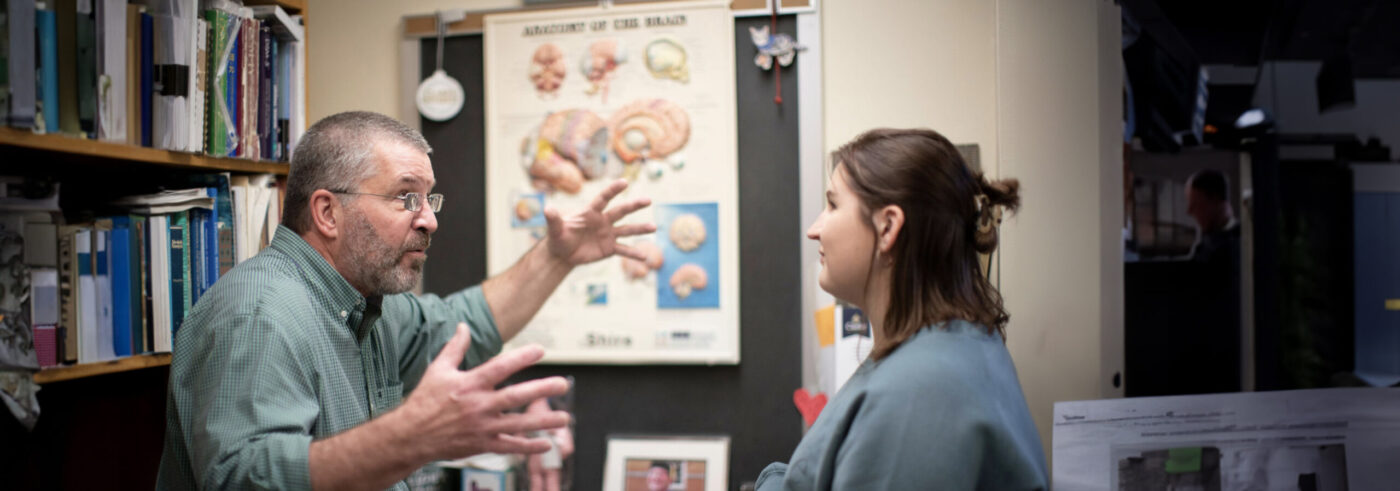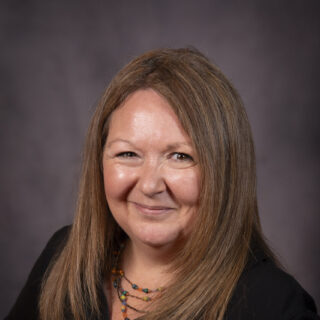Ben Drury '10
Our network of support services works together so closely to create a holistic approach to the student experience. Together, we reinforce the importance of your coursework and its relevance to the working world. That can even turn into a paid internship or a career after college.




